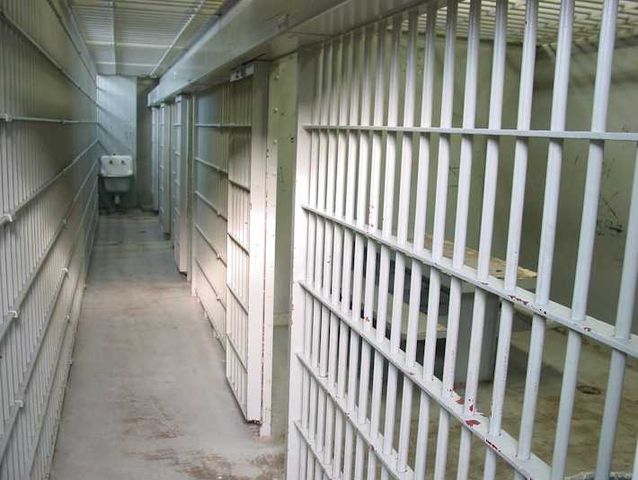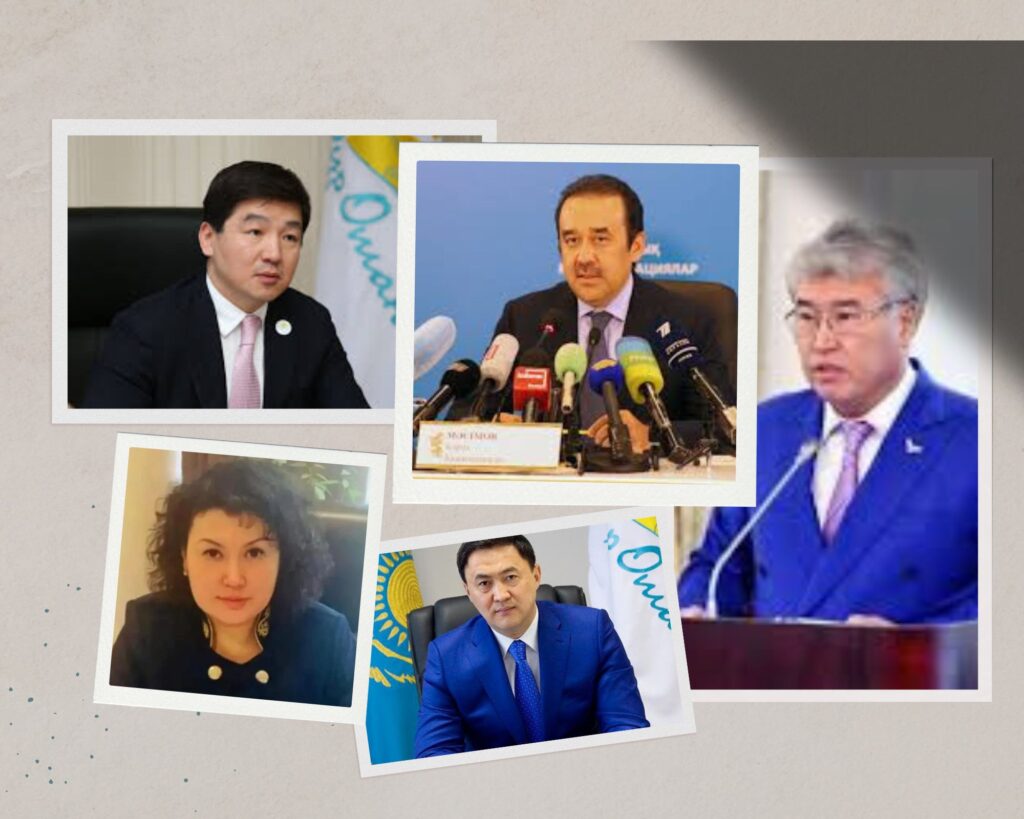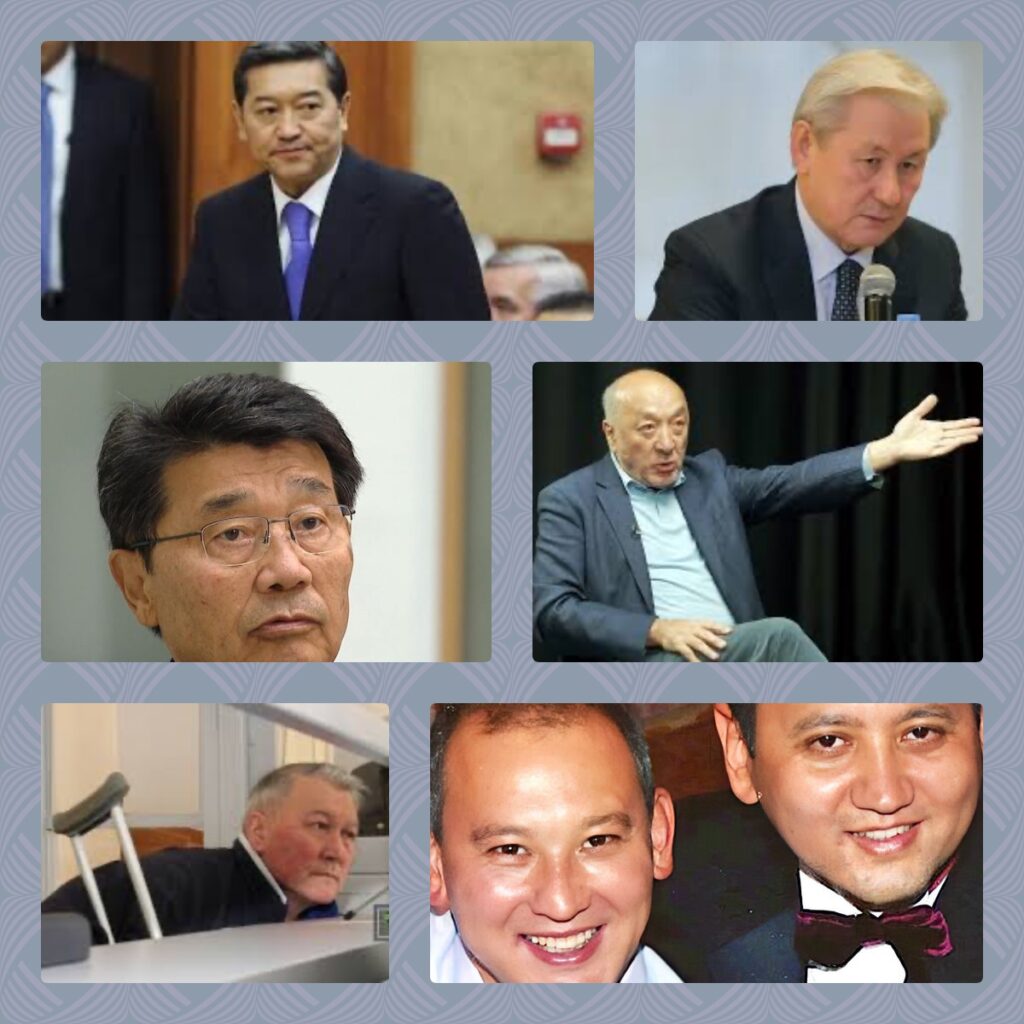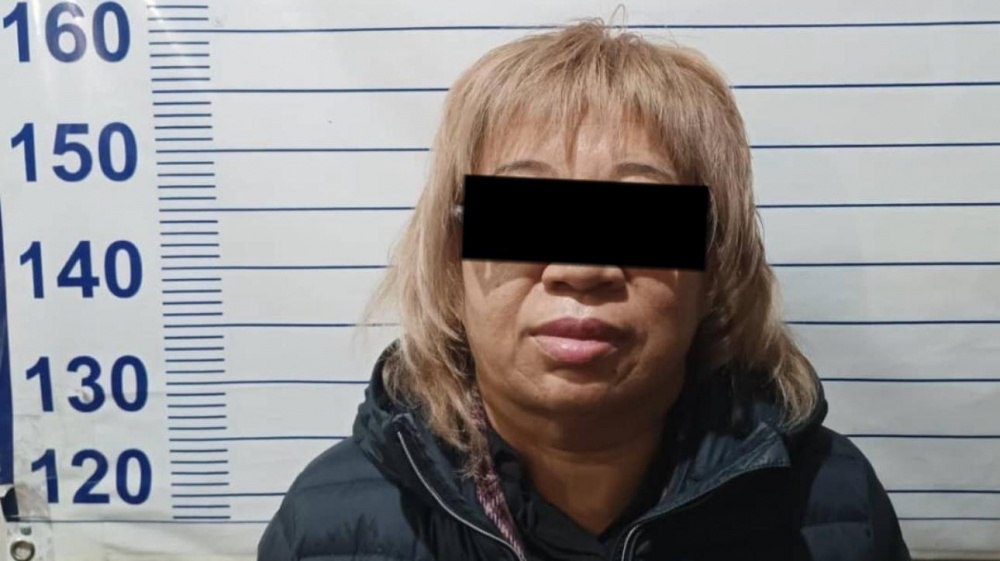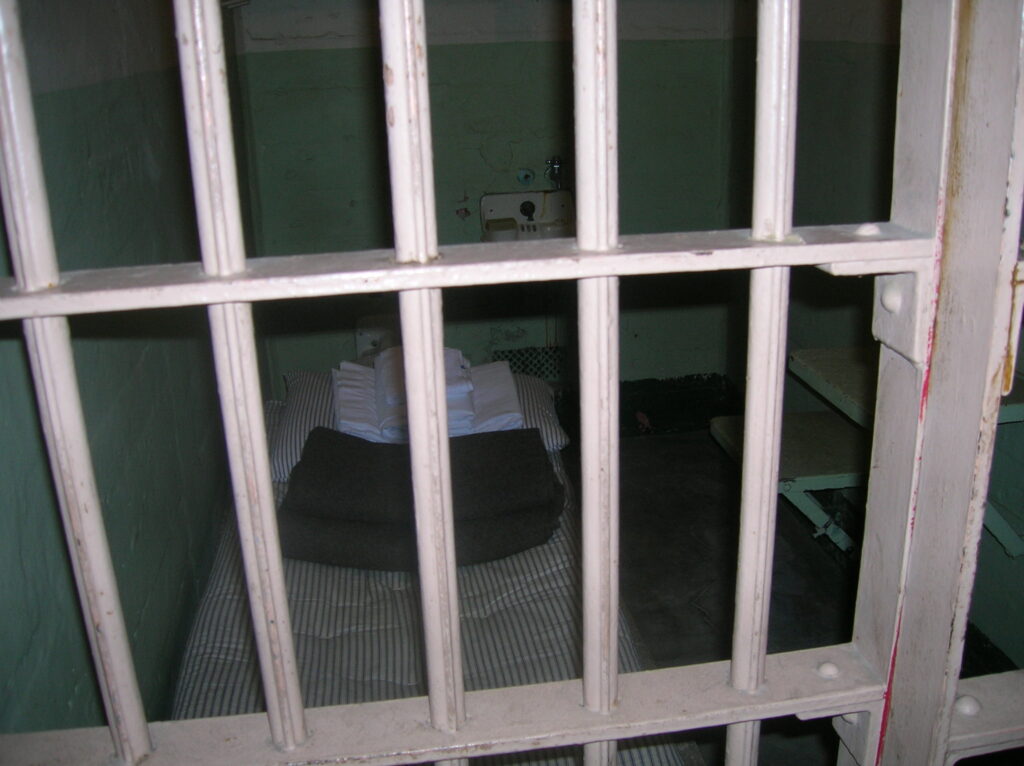Tajik Lawyer Jailed After Exposing Alleged Corruption in Prosecutor’s Office
In Tajikistan, 74-year-old lawyer Faizi Oli, also known as Faizali Yuldoshev, has been sentenced to 2.5 years in prison after raising allegations of corruption within the prosecutor’s office. The Sino District Court in Dushanbe delivered its verdict on November 29. Oli was found guilty of “knowingly making a false denunciation” against employees of the prosecutor's office. However, he asserts that he merely exercised his right to file complaints with anti-corruption bodies, the Security Council, and the presidential administration, detailing what he described as evidence of corruption. A Controversial Case According to Oli’s lawyer, his complaints should have prompted an investigation, not legal proceedings against him. The court considered his advanced age when issuing the sentence, which fell below the minimum term of five years prescribed under Article 346 of the Tajik Criminal Code. The prosecution had sought a six-year prison term. Oli was arrested immediately after the verdict. Over the course of the five-month trial, he consistently maintained that the charges were baseless, and that filing complaints with the authorities is a legal right. This is not the first time Oli has been involved in a high-profile case; he previously defended his colleague, Saidnuriddin Shamsiddinov, who was sentenced to 8.5 years in prison on similar charges of false denunciation. At that time, Oli stressed the right of citizens to address grievances directly to the president and the Prosecutor General’s Office, a principle he believes is now being criminalized. Broader Context International human rights organizations have frequently criticized Tajikistan for targeting lawyers and human rights defenders. Many prominent figures, including Buzurgmehr Yorov, are serving lengthy prison sentences under controversial circumstances. Oli, known for his outspoken social media presence and comments on government operations, believes his activism may have influenced the court’s decision. He has announced plans to appeal the verdict after receiving the court’s written decision. The Prosecutor General's Office declined to comment on the case.
